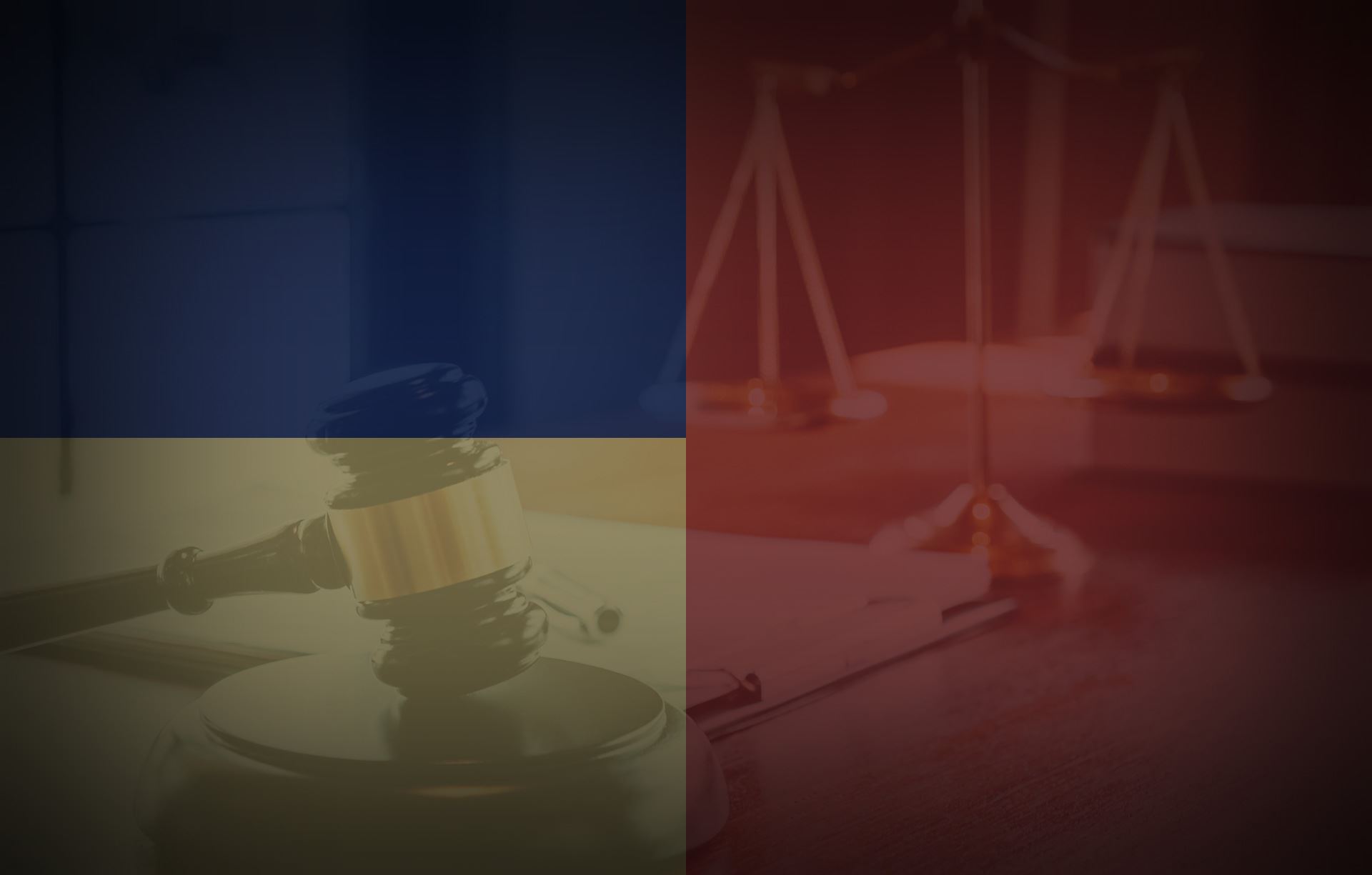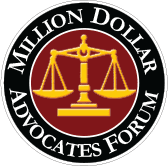
Criminal Matters
Should I discuss my case with family, friends and the newspaper?
Do not talk to anyone except your lawyer. Do not make any verbal or written statements to anyone, including the police, regarding any aspect of your case. Anything you say may be used against you in court. Anything you say can have a significant impact on your case. One indiscreet word can result in your conviction. One misplaced confidence can result in your incarceration. Do not talk to reporters of news agencies. Any press releases must be done through our office.
What are the steps in a criminal case?
The typical steps for most criminal cases include the pre-arrest investigation by the police; the issuance of a summons, warrant or indictment; the formal arrest and booking process; the appearance before a magistrate and the setting of a bond; the initial appearance before a district judge and determining if the accused will have an attorney; a preliminary hearings in felony cases when an arrest is by a warrant; review of indictments by a grand jury in felony cases; the scheduling of the trial; pretrial motions; arraignment and plea; the trial; a sentencing hearing if found guilty; and thereafter the appeal process.
What is a felony and a misdemeanor?
A felony is a criminal law that provides for incarceration greater than one year and the payment of fines. Capital felonies can result in execution. In Virginia, felonies are classified by the amount of possible punishment. A misdemeanor is a criminal law that provides for possible incarceration of up to one year and the payment of fines. In Virginia, there are four classes of misdemeanors with varying degrees of punishment.
What is a criminal trial?
Trials are judicial proceedings conducted in a court and designed to reach a decision based upon the facts, common sense, reason and applicable law. The conduct of a trial is governed by numerous rules, presumptions, and procedures designed to promote fairness and justice. Criminal trials involve allegations of a violation of criminal law. These matters involve the determination of the guilt or innocence of an accused and the imposition of punishment. The process usually begins with the institution of a warrant or indictment against an accused.
What are rules of evidence?
The rules of evidence control what evidence is material, relevant, and admissible in court. For example, the hearsay rule generally prohibits statements by individuals who are not in court. In addition, certain constitutional requirements may also determine if certain evidence may be use or if it is to be excluded from a trial. Application of these rules is within the sound discretion of the trial judge. The trier of fact, judge or jury in a jury trial, decides the meaning and relative importance of the evidence.
What is the presumption of innocence?
Despite being charged with a criminal offense, a defendant is presumed to be innocent. The prosecuting authorities have the burden to prove guilt beyond a reasonable doubt. An accused is entitled to this presumption at all stages of their case. Generally, if the trier of fact believes the evidence against an accused is sufficient to prove guilt, the prosecuting authority will have overcome the presumption of innocence.
What is a reasonable doubt?
A reasonable doubt is a doubt based on the judge's or juries sound judgment after a full and impartial consideration of all the evidence of the case. As such, the "reasonable doubt" standard is subjective, ambiguous, and interpretive. It is not an objective standard, and creates uncertainty regarding the outcome of criminal cases.
What is a guilty plea?
A guilty plea is an admission that you committed the alleged offense. The effect of a guilty plea admits all the criminal facts alleged and waives your right to defend yourself. No additional facts are needed to reach a verdict. A plea of guilty waives all but jurisdictional objections, impermissible sentence objections, and the objection that no offense is charged. It entirely relieves the prosecution of the burden of proving any facts. If an accused pleads guilty to a felony, they are waiving their right to an appeal except on jurisdictional grounds or the imposition of an impermissible sentence.
Can I get a plea agreement?
A plea agreement or plea bargain is an agreement with the prosecuting authority regarding a case. An accused may or may not have the option of entering a plea agreement with the prosecuting authorities. The prosecutor may not want to enter a plea agreement. There are different types of plea agreements. The most common is a plea agreement for a particular sentence. In this situation, the judge may accept, reject, or defer its decision until a persistence report. The agreement would not bind a defendant if rejected and they could withdraw their guilty plea. Another judge may then conduct the trial. Other types of plea agreements include the prosecuting authority’s recommendation and an agreement not to oppose your request for a particular sentence. These types of plea agreements are not binding on the court, and a defendant cannot withdraw their guilty plea. The court could impose a more severe punishment.
Who makes the decision regarding a plea agreement?
The value of entering a plea agreement is dependent upon the particular facts, merits and circumstances of a case and the risk an accused is willing to assume. The final decision to enter a proposed plea agreement belongs to a defendant. Before entering any proposed plea agreement, an accused should be satisfied that it is in their immediate and long-term interest.
Can I get a jury trial?
An accused has a right to a trial by a jury of their peers. The jury's decision must be unanimous. Each juror must find an accused guilty or not guilty. If the jury is unable to decide, then a case may be retried. An accused does not have a right to a jury trial if there is a guilty plea.
Can I call witnesses in my behalf?
An accused has a right to call witnesses and to present evidence in their own behalf. Witnesses would be subject to questioning (cross-examination) by the prosecution. The judge or jury decides whether to believe a witness. The judge or jury can accept or reject the testimony of any witness, in whole or in part, when considered with other evidence. An accused has a right to compel the attendance of witnesses to court by a subpoena. An accused should provide the witnesses' name addresses, telephone numbers, a written summary of their testimony, and whether you believe, they will be a favorable or unfavorable witnesses. You should always timely subpoena any witness. If you do not subpoena a witness, and they do not appear on the trial date, the judge may require you to proceed, even though the witness is not present. If you subpoena the witness, and they are served, and the witness does not appear, then there is a greater chance that the judge will continue the case. Always make sure that you give the names, addresses, and telephone number of any witness to your attorney in sufficient time to subpoena all necessary witnesses.
Can I testify?
An accused has the right to testify but is not required to do so. This is his or her decision. If an accused does testify, he or she waives the privilege of not giving evidence against themselves. An accused will be subject to all the rules of cross-examination as any other witness. An accused may not testify just to events and circumstances that merely supports his or her defense, and selectively suppress other relevant facts and matters that incriminates them. The trier of fact can view testimony in a positive or negative manner, and may believe or disbelieve what is said. The judge or jury will have the opportunity to listen to what is said, observe the witnesses demeanor, and then decide the significance of the testimony, within the context of all the evidence An accuse should consider the pros and cons of testifying. His or her testimony could affect a finding of guilt, innocence, or your sentence.
Are there other consequences that I should consider?
Yes. If you are found guilty, including pleading guilty, there can be significant consequences beyond your immediate case. This can include important past, present, or future matters. Such matters may include without limitation civil matters, domestic matters, military matters, employment matters, prior criminal or traffic matters, immigration matters, and other rights and privileges of citizenship. Importantly, prior suspended criminal sentences could be revoked.
Can an attorney guarantee that he or she will get me off?
Generally no. There are no guarantees in most human activities, and regretfully this is true of the criminal justice. Despite elaborate rules and procedures designed to promote accuracy and reliability, the judicial process is not perfect and is subject to the same limitations intrinsic in all human activities. For example, evidence and facts presented at trial may differ with one’s expectations; witnesses may lie; honest witnesses may not be believed; or judges or juries may have differing views regarding the law or evidence. Consequently, there is always an element of risk going to court, and guaranteed outcomes are generally impossible.

Hear From Our Clients
At Larry King Law, your satisfaction is our priority! See for yourself what our clients have to say about working with us.
-
"Knowledgeable, Experienced and Committed Trial Lawyers"
The process of choosing the right criminal defense lawyer(s) can be daunting, scary, and frustrating. Choosing wrong can not ...
- Delmas Linhart -
"They Fight For Their Clients!"
Mr. King, his associates and paralegals helped me through a very difficult time in my life. I was in a car accident with my 2 ...
- Rachael -
"Great experience!!"
I was confused and embarrassed to admit I needed help but, this was a painless ordeal and I was treated with respect and unde ...
- Stacy kahler -
"Consummate Professional"
As a police supervisor, I have known Larry King professionally for over 30 years. During that time I have always found him to ...
- Lieutenant J. W. Boswell, NNPD, Retired
-
 The Power of ExperienceCharged with a crime? Put the right attorney in your corner. We fight for the accused.
The Power of ExperienceCharged with a crime? Put the right attorney in your corner. We fight for the accused. -
 The Right LawyerWe know how to defend our clients against criminal accusations. Let us help today!
The Right LawyerWe know how to defend our clients against criminal accusations. Let us help today! -
 Get Help TodayGet a smart, skilled fighter on your side. Free consultations are available.
Get Help TodayGet a smart, skilled fighter on your side. Free consultations are available.



















